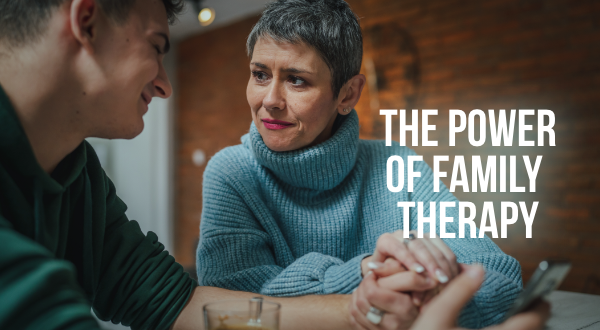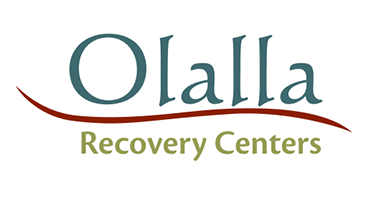
29 Nov The Transformative Power of Family Therapy in Substance Abuse Treatment
How Family Therapy Helps
Substance abuse doesn’t just affect the person using substances; it impacts the entire family unit. That’s where family therapy steps in. When it comes to effective treatment, family therapy can be a game-changer. Studies have highlighted that combined with individual treatment, it brings out significantly better outcomes. It not only lowers the risk of relapse but improves medication adherence and lowers overall stress levels. The National Council on Alcoholism and Drug Dependence even describes addiction as a “family disease.”
The Role of Family Therapy in Substance Abuse Treatment
In substance abuse treatment, it is an essential but sometimes overlooked component. Much of the research has historically focused on criminal justice and individual-specific treatments, leaving a gap in our knowledge about the impact of family therapy. Yet, the current evidence points to its substantial benefits. It not only boosts engagement and retention in treatment but also cuts down on substance use, improves family and social functioning, and acts as a deterrent to relapse.
Challenges and Benefits
Integrating family therapy into substance abuse treatment can be a bit more complex than non-family approaches. This is because it involves multiple people and requires specialized training and skills not typically found in standard substance abuse treatment programs. Despite these challenges, the consensus is clear: it is a powerful tool in the treatment of substance abuse. Based on the data and the collective experience of experts, it is recommended that treatment agencies and providers consider incorporating family approaches into their programs. This includes providing age-appropriate educational support services for the children of clients.
Defining “Family”
The definition of “family” can vary across cultures and belief systems. It evolves with time and circumstances. While the definition of family may change according to different circumstances, several broad categories encompass most families, including traditional, extended, and elected families. The idea of family implies an enduring involvement on an emotional level. In substance abuse treatment, family therapy has two primary goals: leveraging the family’s strengths to find ways to live without substances of abuse and mitigating the impact of addiction on both the individual and the family.
The Goals of Family Therapy
Family sessions have several important goals:
- Awareness and Healing: It helps families become aware of their own needs and provides lasting healing for family members.
- Behavioral and Environmental Change: Assisting the family in making necessary changes affecting the person with substance abuse issues.
- Preventing Generational Transmission: Working to break the cycle of substance abuse within families.
Why Family Therapy Works
Several therapeutic factors contribute to its effectiveness, including acceptance from the therapist, improved communication, organizing family structures, establishing accountability, and motivating change. This approach offers a neutral platform for family members to come together and solve problems, fostering a safe environment for open discussions.
Complexity and Considerations
Treating a family presents unique challenges compared to treating an individual, mainly if the individual is reluctant to seek help. It’s common to see substance abuse coexisting with other challenges like mental health issues, cognitive impairments, or socioeconomic constraints. These factors often go hand in hand, adding complexity to the picture. Dealing with different cultures and the varying levels of openness to change within a family can also complicate the process.
Structured counseling with family members in substance abuse treatment can be a transformative experience. It brings healing, support, and a clear path to recovery for both individuals and their families. While it may present challenges, its effectiveness is well-documented, making it a valuable and worthwhile addition to treatment programs. If you or someone you know is struggling with substance abuse, consider the potential benefits of including family therapy in the recovery journey.
Our Inpatient Program at Olalla Guest Lodge encourages support person(s) participation in the Family Education Program. The program helps family members, friends, and co-workers learn about the nature and causes of substance use disorders and about the steps that can be taken by both patients and supportive family/friends to live free of substance addiction.
Our Program Consists of Skill Modules Covering:
- Substance Use Disorders and the Family System
- How Family Recovery Works
Each educational module presents information about individual and family recovery, with emphasis on the family dynamics accompanying substance use disorders.
Pre-registration information is available at: https://www.olalla.org/inpatient/family-programs/


